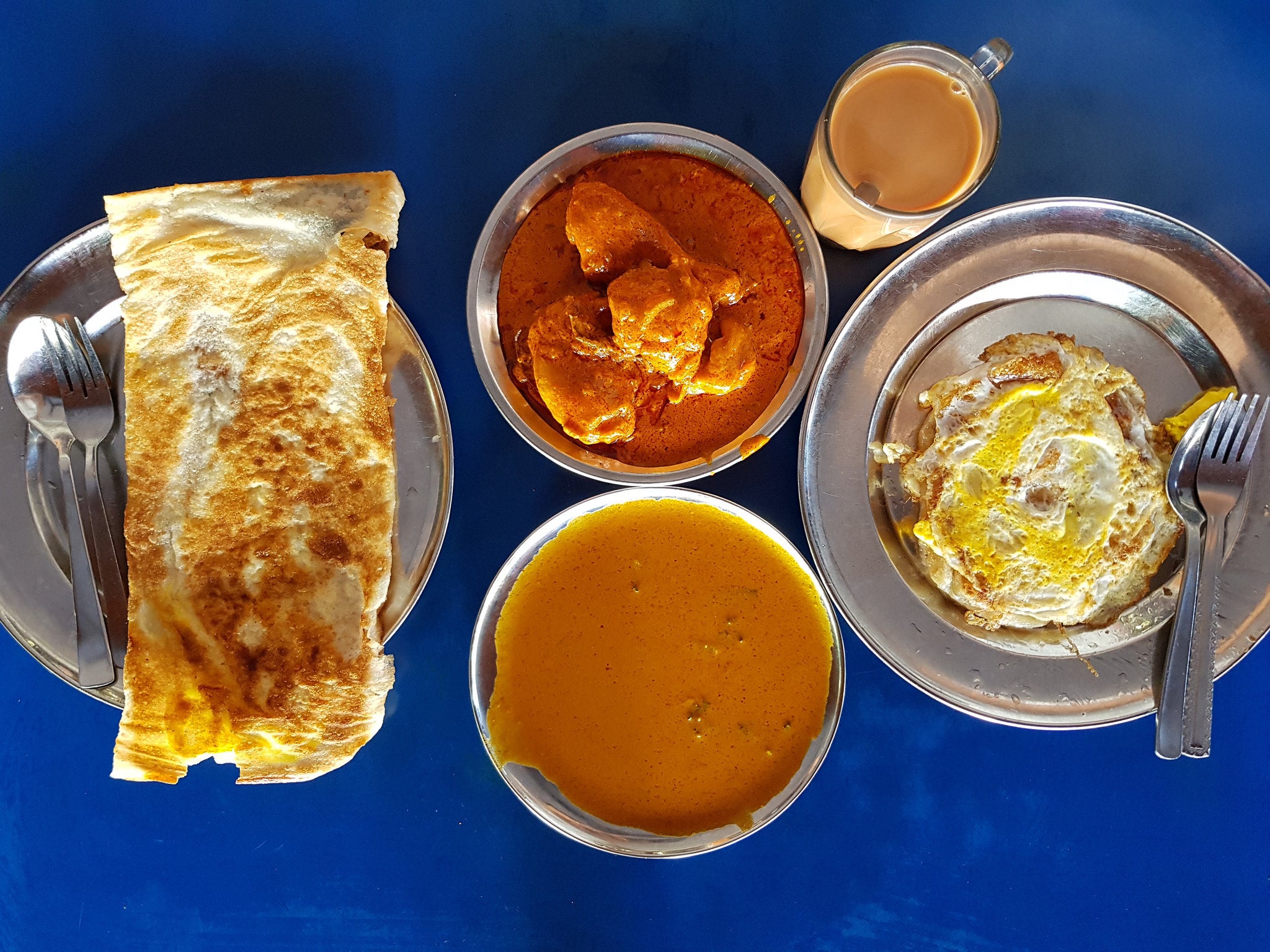When we think healthy, we tend to think quinoa, green smoothies, and leafy greens. While these foods are generally great for a healthy diet, we talk to a dietitian that finds we often dismiss a lot of great foods associated with other cultures and heritages. We also hear from gubernatorial candidate Kelda Roys and First Congressional District candidate Kevin Steen.
Featured in this Show
-
Popular Health Foods Often Exclude Other Cultures, Dietitian Says
When it comes to what is perceived as healthy food in the United States, food traditions from other cultures get left out of the mix, says Tamara Melton, a registered dietitian and co-founder of the nonprofit Diversify Dietetics.
“I started to have this idea that I’m not seeing anything outside of this mainstream, white American view of healthy foods,” she said. “There’s so many ways to eat healthily if you look outside your own culture.”
As a dietitian, Melton has worked with clients who have immigrated to the U.S., where they find that their culture’s food has been labeled as bad or “splurge” foods, she said.
Many of her clients feel that way because they don’t see the food they ate in their home countries being offered as ideas for healthy meals, Melton said.
“I think that people forget that representation matters, but sometimes not seeing something means something to people too,” she said.
Food connects people to their culture, history and heritage, particularly immigrants, and labeling their food as bad can be damaging, she said. Even within the U.S., certain styles of cooking fall into that category — soul food, for example, also gets a reputation for being unhealthy, she said.
“It’s almost as if … we were asking them to choose their health or their heritage, they couldn’t have both and the same,” Melton said.
And many mainstream American restaurants don’t serve meals that represent a culture’s cuisine, she said.
Melton said clients have told her, “Oh, I ate bad this week, I had Mexican food.”
“And what they were talking about was having queso and chips and margaritas. But that’s not representative of Mexican food,” Melton said.
There’s healthy food to be found in every culture, Melton said, and plant-based diets are common throughout many of them.
“They’re actually eating quite a bit of fruits and vegetables, and beans, legumes, whole grains things that we would want to see people eating,” she said. “And smaller amounts of meat, which we know from research is actually pretty healthy.”
Melton encourages cooks to try taking staple health foods and using them with other culture’s spices, flavors and cooking methods.
“Brown rice, that gets boring after a while,” she said. “But you know you can take those same components and turn it into a curry, or you turn it into a stew, or turn it into a braised meat or something like that and you’re putting in these global flavors — when you actually start to expose that, that actually is helpful for everyone.”
-
When we think healthy, we often think green smoothies, kale, and trendy grains like quinoa and couscous. This idea tends to value foods of white, non-immigrant Americans as healthy, while traditional Mexican cooking or Chinese dishes get labeled as bad or “splurge” foods. We talk to a dietitian about her journey to reframe ideas about healthy eating with her fellow dietitians and with her clients of various cultural backgrounds.
-
Governor Candidate Interview: Kelda Roys
In our series of interviews with candidates for Governor of Wisconsin, we speak with small business owner and former state representative Kelda Roys. She is running as a Democrat in the August 14 primary.
Episode Credits
- Rob Ferrett Host
- Natalie Guyette Producer
- Judith Siers-Poisson Producer
- Tamara Melton Guest
- Kelda Helen Roys Guest
Wisconsin Public Radio, © Copyright 2026, Board of Regents of the University of Wisconsin System and Wisconsin Educational Communications Board.


